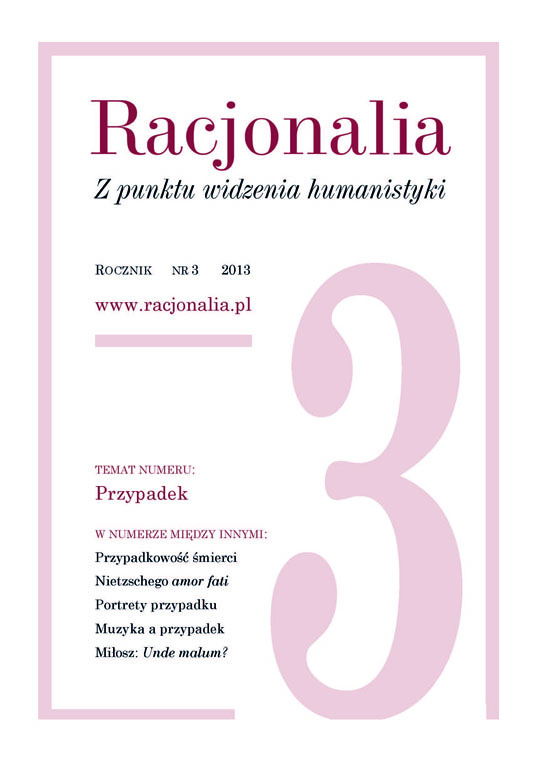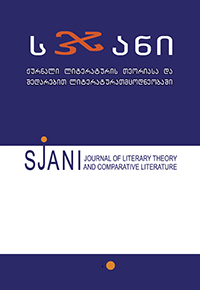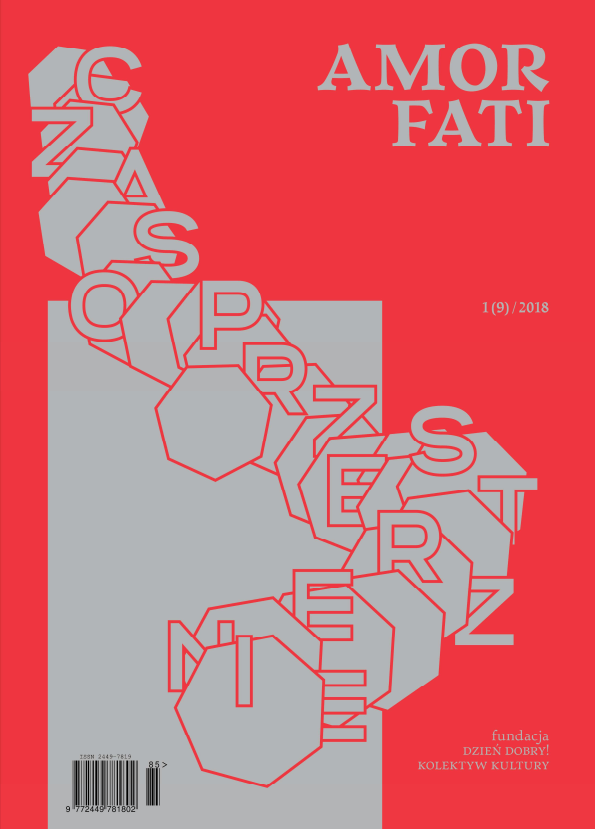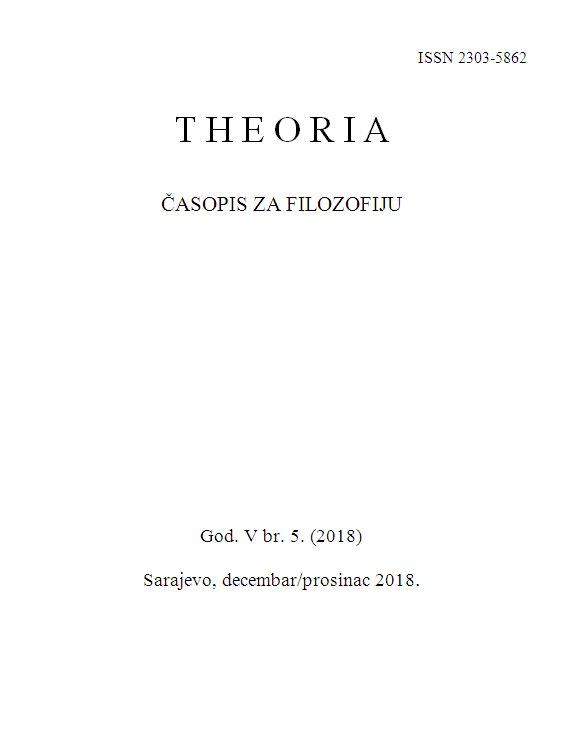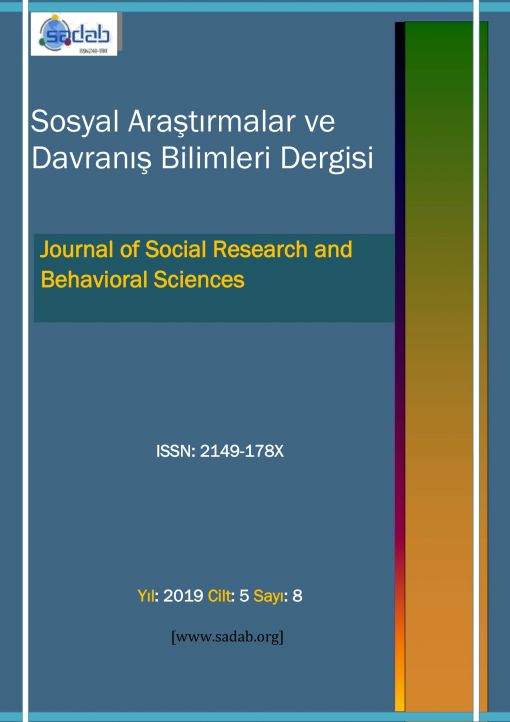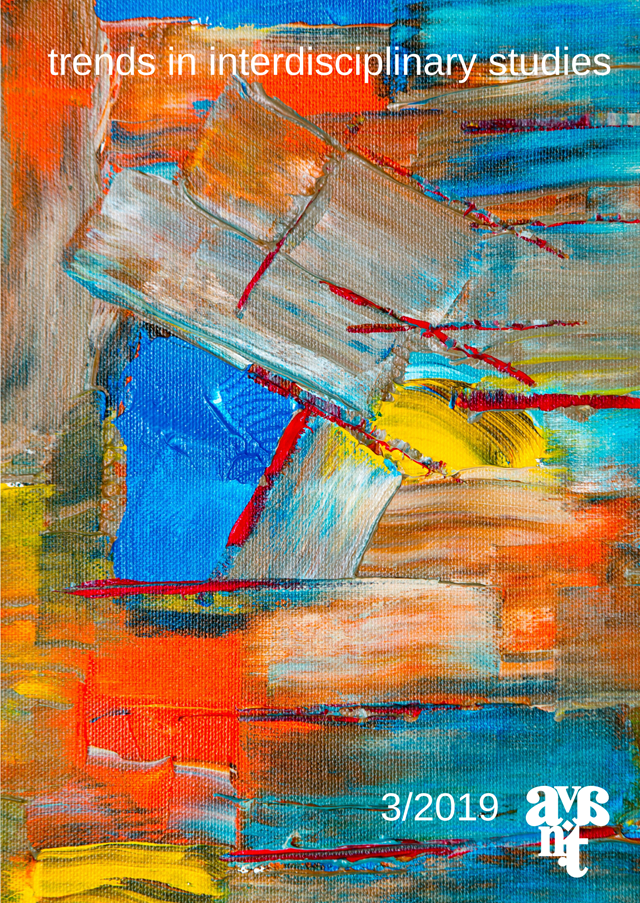Author(s): Uzeir Alispahić / Language(s): Bosnian
Issue: 5/2018
This paper gives an explanation of the relation between will, which is the metaphysical essence of all that exists and the notion of happiness, which Schopenhauer considers to be only an illusion, or a misconception and mischief of will, which deceiving the individual, in order to achieve his own goals that are completely indifferent to any individual person. For Schopenhauer will is not individual but general, the individual is only manifestation of one general will for life, which manifests in all representations. Kant is a turning point for Schopenhauer, because he realized that space and time are subjective, as well as the difference between the phenomenon and things-by-themselves, and thus opened the way to Schopenhauer’s philosophy of the world as a 106 representation that is analogous to the phenomenon, but also the will that as a thing of itself is a metaphysical basis for all possible representations. Given that is not possible to find happiness, Schopenhauer’s philosophy reflects absolute pessimism, for which he gives very strong arguments. Whole life is only an aspiration of will, and given that will does not have the ultimate goal, life is infinite aspiration, and that is why human life is, what Schopenhauer says, as a pendulum between pain and boredom. Happiness is just opposite term of unhappiness which truly exists. When the will comes to a certain goal, there is a boredom, which is an intolerable condition for Schopenhauer. To get rid of boredom, the will draws a new chimeric goal to the individual, promising him that he will reach happiness. The individual is unaware that this is a new misconception and achieving that desire can not absolutely bring happiness to the individual, it comes back to boredom and so infinitely in the vicious circle between pain and boredom.
More...
